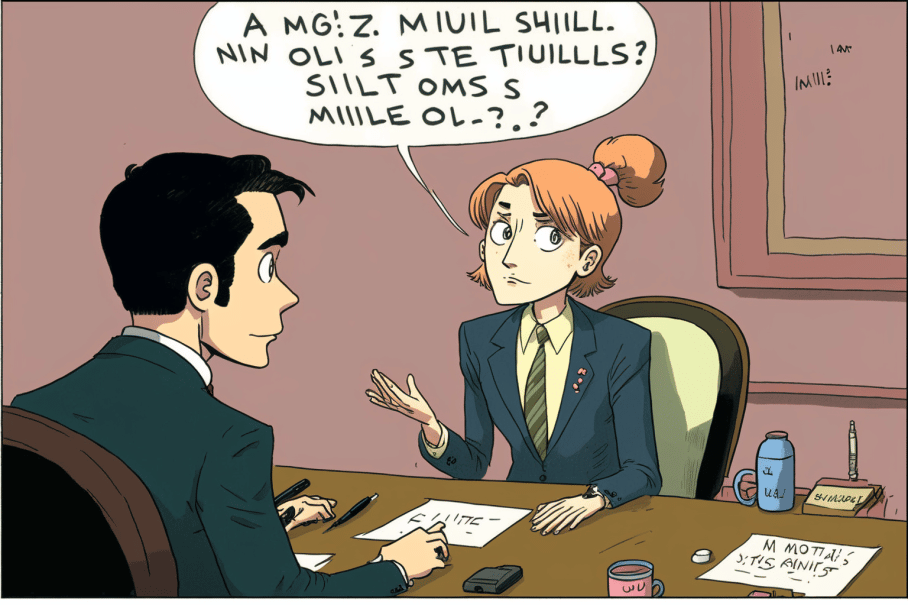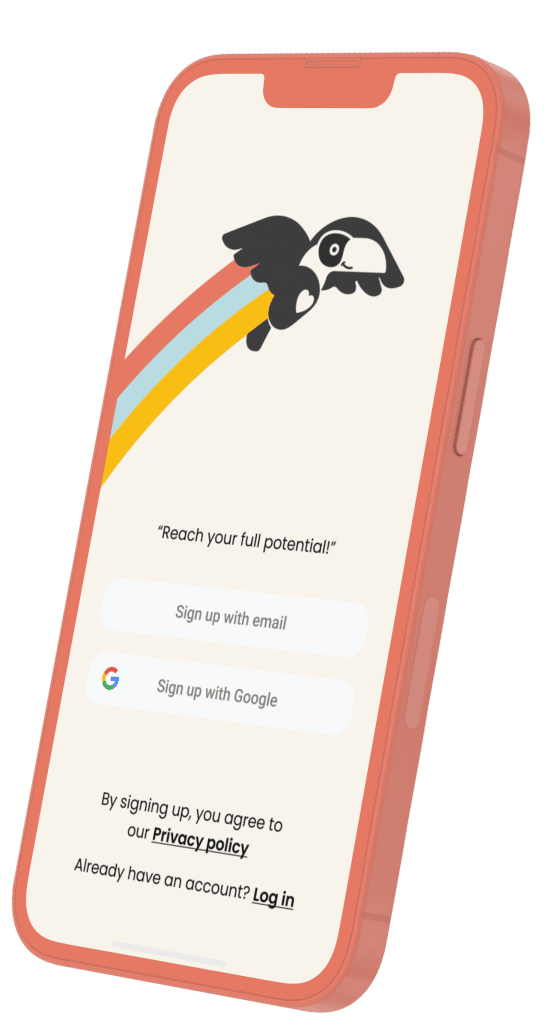Job interviews are not just for your new potential employer to get to know you. They are an opportunity for you as a candidate to get to know the organization and the people you hope to work with better.
Your chance to ask the questions you have is usually given to you at the end of the interview, which means you have the opportunity to ask questions that will make your interviewers remember you.
Here are some great examples of questions to ask at the end of an interview that can help you land your dream job.
What questions to ask:
What is the timeline for making a decision?
The timeline for making the decision is one of the most important questions to ask at the end of a job interview. You can even ask this question even if your interviewer doesn’t say anything about it, as long as they give you an answer.
If you’re interviewing with a large company, how many people are being interviewed and when will they be done? How long does it usually take them to make their decision? What is their average response time (if there’s one)? Are there any chances that I won’t hear back from them until after my first day on campus or during orientation week? This information will help prepare you for what might happen next in your career path!
Are there any reservations the team has about my ability to perform this role?
The final question you should ask an interviewer at the end of your job interview is: Are there any reservations the team has about my ability to perform this role?
This question can be used in several ways. It may be used as a way to gauge how well you know them and their company, if they are comfortable with your abilities or if there are things that could be improved upon. If someone has reservations about hiring someone who doesn’t appear to be very qualified for the position, then it’s important that those concerns are addressed before moving forward with hiring decisions.
Do you have any concerns about my ability to fit in with the team or take on additional projects?
If the interviewer has concerns, they will tell you. They may also ask if there is a way to address them. This can save time and energy in the long run by avoiding an awkward situation where you get into an argument about whether or not it’s possible for someone with your skillset to fit into the company culture.
If they don’t have concerns and seem open-minded toward hiring someone with your experience level, then proceed with confidence!
How long have people been staying in this position, and what’s causing them to leave?
Asking about turnover is a good question to ask because it can help you determine whether or not the company is doing things right. If there are high turnover rates, then it may be time for you to find another job. In addition, asking about the reasons why people leave will give your insight into the environment of their current role and what they like or dislike about working there.
What does success look like in this role, and how do you measure it?
At the end of a job interview, you want to ask your interviewer about what success looks like in this role and how they measure it.
If you don’t know what success means for them or how they measure it, then ask! You should also be prepared for some basic questions about yourself: Why did you apply for this job? What skills do you bring? What experience do you have that makes me think we’d work well together?
How to ask for help if I need it?
There are two things you can do when it comes to being checked on and helped along. The first is to ask for help if you need it, and the second is to ask if there are any other tasks that need completing before your interview finishes.
Don’t be afraid to ask for help if necessary. If you’re feeling overwhelmed by an interviewer’s questions, ask them what they recommend doing next so that you can get back on track with the rest of your day (or night). They’ll likely appreciate this honesty from someone who has been through this process before—and might even say “thank you” or offer some advice!
Position-focused and Task-focused Questions
These questions can help you understand your position in the company and the tasks you will be performing:
- What are the biggest challenges of the position at the moment?
- What are the expectations that the company has when coming on board?
- What will the first month of the job look like?
Additional Questions
You can use these questions to highlight what is important to you as a candidate that relates to the position and the company:
- What does the company culture look like, and what are the values?
- How do you deal with failures within the team?
- How diverse is the team, what’s the percentage of female and male colleagues?
- What is the overarching strategy, and vision of the company – can you give me an understanding of where you want to be in 1/2/5 years?
- What are the growth options for this position?
Asking good questions shows that you are engaged
The interviewer is likely to think of you as a candidate who wants the job and will work hard on it, which indicates your interest in the position. You want to know what the job is really like, so ask questions about it: “What kind of work do I do?”; “What are some projects that have been successful in this role?”; “How often do I get feedback from my managers?” These types of questions help show your inquisitive nature and make sure that your interviewer knows how eager you are for this opportunity.
Quote on the topic from one of our HROS experts:
“With all the guides and how-to’s out there, I am certain the secret is out – asking one or multiple relevant questions at the end of an interview can improve your chances of landing the next round and placing you at the top of the list of your interview partners’ minds.
As a Recruiter, the questions that stand out the most to me are the ones that show that a candidate has taken the time to assess the Start-up in question and applied what they found out to themselves as a candidate, as well as the position they are interviewing for.
As a candidate, use the chance you’re given at the end of an interview to highlight your interest one more time. You’ve already invested the time, now bring it home.”
-Anna Überbacher, Team Lead Recruitment
Conclusion
Asking the right questions at the end of an interview can give a nice boost in the eyes of your interviewer. But remember: Don’t ask them all! Usually, there is a certain time frame in which the whole interview should take place, and prolonging it too much can have the opposite effect of irritating your interviewer.
What you can do instead is try to steer the conversation, so that you have the chance to ask some of these questions throughout the interview process and save only the unanswered ones for last.
Do you need further professional career advice? Check out the Career Coach!


